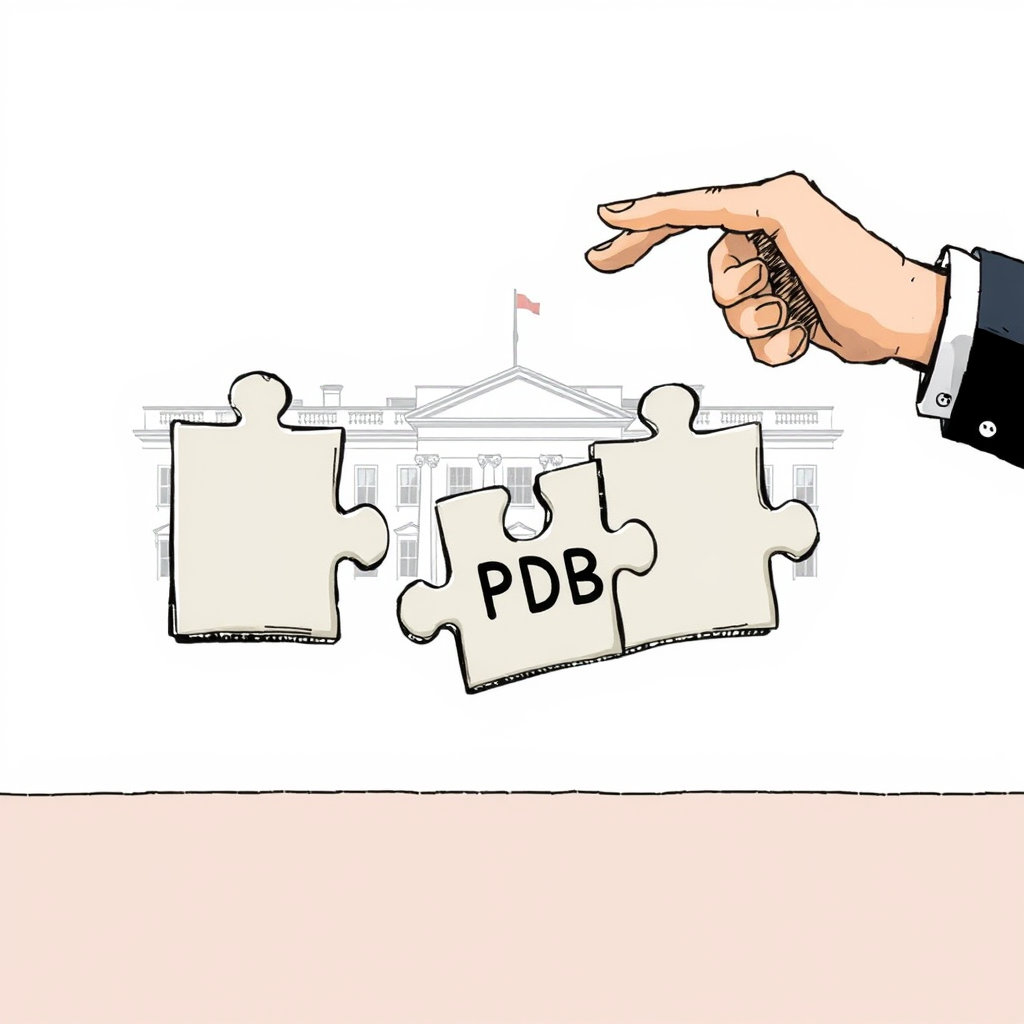Trump Changes Intelligence Briefing Process Raises Concerns

The President’s Daily Brief, a highly classified intelligence summary delivered to the nation’s leader each morning, has recently become a subject of unusual public attention. Traditionally compiled by the Central Intelligence Agency, the PDB’s production is now shifting to the Office of the Director of National Intelligence, an announcement made last week by Tulsi Gabbard. While seemingly a procedural adjustment, this move has sparked concern within the intelligence community, raising questions about potential politicization or shifts in analytical priorities.
The PDB’s core function – delivering unbiased, critical intelligence – relies heavily on maintaining established processes and trust. Moving the compilation process away from the CIA, the agency historically responsible for this task, introduces an element of uncertainty. Some experts suggest this change could be an attempt to exert greater control over the information reaching the President, potentially filtering or emphasizing certain findings over others.
It’s crucial to remember the PDB isn’t meant to be a comprehensive report, but rather a concise distillation of the most pressing national security threats. Any disruption to its established production, even a seemingly minor bureaucratic shift, warrants careful scrutiny. The integrity of the intelligence provided to the President is paramount, and maintaining that integrity requires transparency and a clear rationale for any changes to established procedures. While Gabbard’s stated intention may be to streamline the process, the potential for unintended consequences – and the appearance of political interference – remains a significant concern. The move deserves continued observation to ensure the PDB remains a reliable and objective source of information for the nation’s leader.